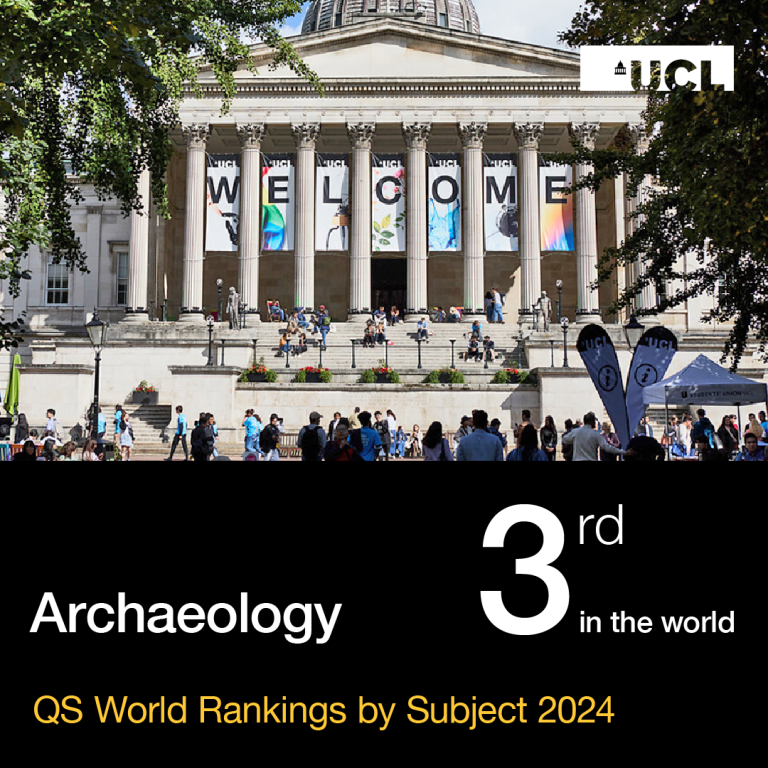This module will provide a detailed account of the archaeological record associated with the evolution of earlier hominins and pre-modern humans in Africa and Eurasia.
It will closely examine:
- Cultural behavior amongst primates and their archaeological signature;
- Interpretation of activity areas associated with Australopithecines and Early Homo;
- The archaeological record of dispersals associated with Homo erectus; d) Behavioral signatures of Homo heidelbergensis, neanderthalensis and other pre-modern humans.
The course will develop an understanding of the historical context of the subject, as well as technological, taphonomic and theoretical frameworks necessary to a critical understanding of the archaeological record.
Aims and Objectives
This course aims to provide students with:
- A detailed account of the early human archaeological record.
- The ability to be able to review and critically appraise a wide range of primary and secondary sources and data relating to early human behavior.
- An examination of the methodological and analytical tools and theoretical models which have been used in reconstructing the human evolutionary past from the archaeological record.
Learning Outcomes
- A detailed knowledge of human behavioural evolution.
- A critical ability to interpret the archaeological record of human evolution through analysis and discussion of context, behaviour and technology.
- Expansion of written and oral skills in communicating complex ideas and data-sets derived from a range of academic disciplines.
- Ability to critically evaluate evidence and arguments regarding issues in Palaeolithic archaeology.
Teaching Methods
This course will be delivered through formal taught lectures and related seminars.
The latter will comprise discussion, student presentations and artefact handling sessions.
The course will be supported by on-line materials including details of all seminars, pdf files of all presentations and electronic reading lists.
Assessed by essay (80%) and powerpoint presentation (20%).
Module information
- Code: ARCL0212
- Credits: 15
- Coordinator: Matthew Pope
- Prerequisite: None
- Handbook: open»
For registered students
- Reading list: open»
Availability
- Running in 2023-24
 Close
Close


